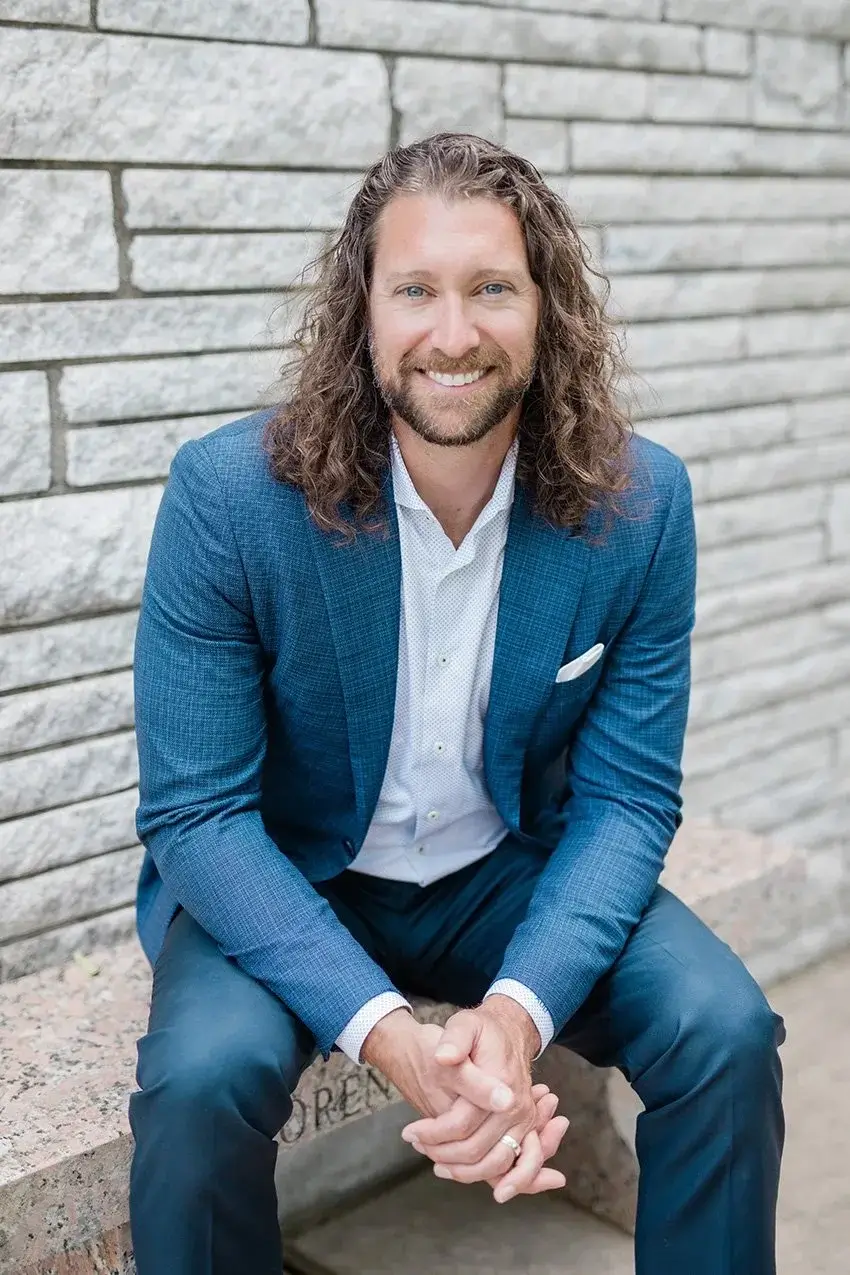Today, teenagers see drug use glorified in music, movies, and television shows. Such media and even peers tend to promote drug use to escape or feel good. Yet, many young people who experiment with drugs often become addicted.
A parent might wonder, what are some of the reasons for the growing rise of drug use, and what strategies can they adopt to protect their children?
Reasons for the Growing Drug Use Among Teens
More children are being exposed to drugs than ever before. Some of the reasons for the drug abuse among teens include:
- Rebellion and status: Teens may engage in drug use because they feel bored with their lives or need something new to do, so they try it out as an act of rebellion against their parents or society.
- Exposure to drugs at a young age: Many parents have little control over their child’s exposure to drugs. Most children will encounter drugs before reaching high school. With the growing rise of prescribed medications, doctors continue to prescribe stimulants, opioids, or opiates to the youth. Furthermore, young people have easy access to these medications through their parents’ medicine cabinets, online pharmacies, or peers.
Increased Stressors and Trauma Cases
Children today must deal with many stressors that were less common 30 or 40 years ago. Such stressors include:
- Living in a violent home or in a community where drug use is prevalent
- Living in a neighborhood where unemployment and poverty are widespread
- Experiencing a traumatic event such as an accident, the death of someone close, a natural disaster, or violence
- Experiencing physical or sexual abuse
- Widespread bullying, especially cyberbullying
- Experiencing familial insecurities like mental health disorders, abuse, financial insecurity, neglectful parents, and marital disputes
Popular Culture Glorifying Drug Use
Many mainstream films, television shows, and musicians glorify substance use. Movies like 21 Jump Street, The Hangover, and Pineapple Express have promoted drug abuse. In contrast, television shows like Skins, Breaking Bad, Euphoria, and Party Down have also been criticized for glorifying illicit substances.
Lack of Parental Supervision in Family Unit
A child’s first line of defense against drug abuse is parental supervision, communication, education, guidance, and love. However, for various reasons, many parents do not pay enough attention to their children’s behaviors and actions. Thus, these teens are more likely to engage in risky behaviors such as using drugs.
Strategies to Prevent or Minimize Drug Use
Although more and more teens are exposed to drug use, there are measures that parents can take to prevent them from becoming addicted to drugs. Here are some tips for preventing drug abuse in teens:
- Know your teen’s friends. Teens tend to emulate their friends as they try to find their identity. If your teen has a friend who uses drugs, they are more likely to start using them. If you suspect that one of your kids’ friends uses drugs, you should talk about the issue with your teen and try to convince them to make new friends. Check out their social activities and whereabouts when they’re not at home. The best way to do this is by establishing a safe environment for them to confide in you about these details.
- Maintain open communication. Parents will find it easier to monitor their teens if they have open communication. You can have an honest conversation about drugs by discussing real-life stories on television or the Internet or sharing some of your own experiences in your teenage years.
- Set clear rules and consequences. Communication about rules and consequences is a must for every parent who wants to protect their teen from drug abuse. It would help if you made it clear that using drugs will not be tolerated under any circumstances and that adults in the home will be treated as role models and authority figures.
Talk About Drugs Early and Often
Kids notice everything, including ads for alcohol on television and movies that make drug use look cool. Maybe your child hasn’t asked you any questions yet. That doesn’t mean he isn’t listening. You can still introduce the topic by bringing up an ad or a music video they have watched. So be sure to talk openly about what they see when they’re young so that they understand that these images don’t tell the whole story.
Involve Your Child in Extracurricular Activities
Teenagers involved in sports, art, and other extracurricular activities are less likely to get involved with drugs. Taking part in these activities also helps teenagers develop good friendships with people who do not do drugs. This gives them a positive influence, which helps prevent them from falling into a life of addiction.

Originally from the Saginaw, Eagle Mountain area, Austin Davis earned a Bachelor of Science in Pastoral Ministry from Lee University in Cleveland, TN and a Master of Arts in Counseling from The Church of God Theological Seminary. He then went on to become a Licensed Professional Counselor-Supervisor in the State of Texas.
Austin’s professional history includes both local church ministry and clinical counseling. At a young age, he began serving youth at the local church in various capacities which led to clinical training and education. Austin gained a vast knowledge of mental health disorders while working in state and public mental health hospitals. This is where he was exposed to almost every type of diagnosis and carries this experience into the daily treatment.
Austin’s longtime passion is Clearfork Academy, a christ-centered residential facility focused on mental health and substance abuse. He finds joy and fulfillment working with “difficult” clients that challenge his heart and clinical skill set. It is his hope and desire that each resident that passes through Clearfork Academy will be one step closer to their created design.
Austin’s greatest pleasures in life are being a husband to his wife, and a father to his growing children. He serves at his local church by playing guitar, speaking and helping with tech arts. Austin also enjoys being physically active, reading, woodworking, and music.




